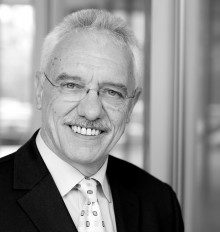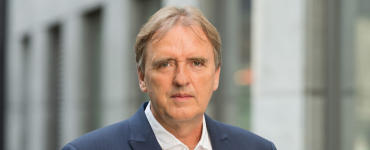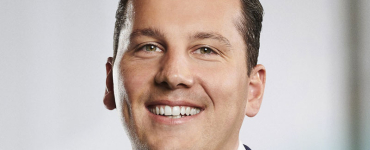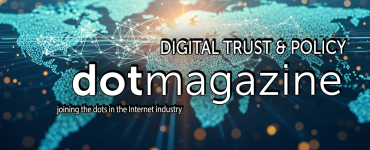With 1,000 member companies, eco is the largest Internet industry association in Europe – known and active well beyond its home borders of Germany. Chairman of the Board Professor Michael Rotert talks about where and how eco is active.
Prof. Rotert, how does eco weigh up in the European and international environment?
With the 1,000th member, our numbers are in the upper region for German associations, as we have exclusively companies as members. We’ve had our permanent representative at the European Commission in Brussels for a while now to help to cover the global environment of our members. We’ve been active in the Council of Europe in Strasbourg for years now; here, the main focus is on the topics cyber crime and human rights in connection with the Internet.
Internationally, we have contact to American associations, particularly to support members doing business between Germany and the USA. This model should in future be expanded to other countries – I’m thinking for example of India and the entire Asian region.
eco participates actively in ICANN, the ITU and, of course, in the international Internet Governance Forum on behalf of our members, through contributions, reporting, and representing the interests of our members.
And where is eco active within Germany?
Nationally, we are currently strengthening our presence in the state parliaments, as we have had good contact to the federal government and the relevant ministries for years. We have started with NRW and Bavaria. As well as this, we have direct contact to the Bundesnetzagentur (Federal Network Agency for Electricity, Gas, Telecommunications, Post and Railway) and the BSI (Federal Office for Information Security).
Alongside all these and more activities, there are a whole range of committees in which we work actively for our members, for example, the Internet Governance Forum Germany.
Members benefit not only from the lobby work of eco. What in your eyes does the association also offer?
The international, European and national activities I mentioned before are not exclusively political – they very often inhabit the space between politics and technology. No-one can cover this to such a breadth as eco, as an independent association. The technology itself is driven forward in our competence groups, and we always try to keep pace with developments, so this is not a static range of offers.
Alongside this work, there are a large number of events that members can participate in, or even that we organize specifically at the request of a member. Our members can also use our conference rooms with video conferencing facilities in Cologne, Berlin and Frankfurt. And last but not least, we offer our members professional services; the most recent addition to these is the eco Data Protection Officer service.
And how can members become active in the work of the association?
The most possibilities for members to actively participate are in the competence groups. This is also a benefit for the individual members, in order to support their own business.
There are also often projects from the EU and German federal and state governments, in which we depend on active cooperation of members – and service provision here, of course, means financial remuneration, depending on the size of the project.
We would like to be able to do even more for our members – but for this we require their input. This is also a form of active participation. For the new year, I would wish for more feedback from members on their requirements – that would certainly be in the interests of the next 1,000 members.




